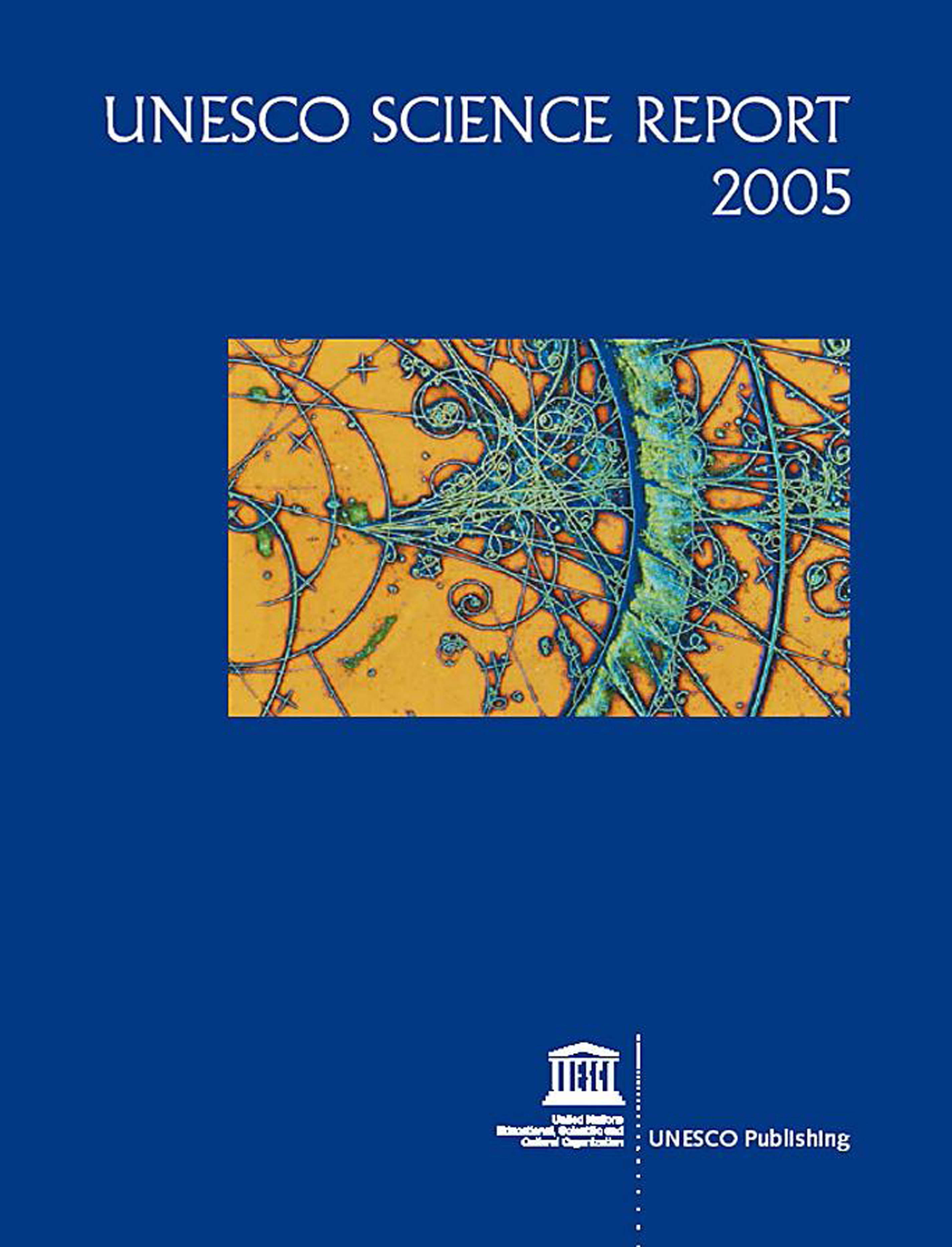- Home
- Books
- UNESCO Science Report 2005
- Chapter
Latin America and the Spanish-speaking Caribbean

- Authors: Ana María Cetto and Hebe Vessuri
- Main Title: UNESCO Science Report 2005 , pp 45-76
- Publication Date: July 2005
- DOI: https://doi.org/10.18356/9789210059077c004
- Language: English
As a consequence of the general trend towards globalization, international scientific activity is currently experiencing unprecedented dynamism and interactivity. Scientific cooperation has expanded and diversified in recent decades, thanks to increasing mobility and the use of new communications channels, the creation of specific mechanisms and instruments, the participation of new actors and a new interest in and concern for problems transcending geopolitical frontiers or requiring expensive facilities. Cooperation has been extended to practically all areas of knowledge and, in one way or another, all countries share in it. The impact of these evolving forms of cooperation on science and scientific affairs can clearly be seen in the way science is organized, its work and its results. To reflect this new dimension, the present chapter focuses specifically on international scientific cooperation in Latin America and the Caribbean.
-
From This Site
/content/books/9789210059077c004dcterms_title,dcterms_subject,pub_keyword-contentType:Journal -contentType:Contributor -contentType:Concept -contentType:Institution105

